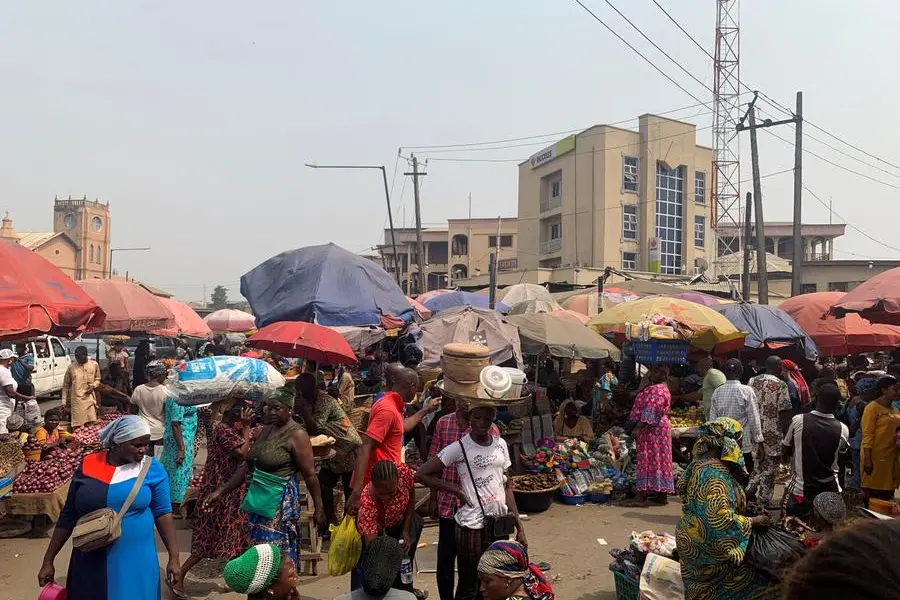PHOTO
Nigeria’s headline inflation rate is projected to decrease to 27.1% by December 2025, after averaging 30.5% year-on-year throughout the year, according to the Nigerian Economic Summit Group (NESG)-Stanbic IBTC Business Confidence Monitor report.
The report predicts that headline inflation will remain high through September 2025 but will dip below 30.0% in the final quarter as the effects of high petrol prices ease from year-on-year inflation calculations, barring any significant disruptions in fuel pricing.
“We expect headline inflation to remain sticky in 9M:25 but settle below 30.0 per cent from September 2025 as high petrol cost gets smoothed out of the year-on-year headline inflation, barring any unexpected negative shocks to petrol prices,” the report stated.
The report further attributes the anticipated decline to improved stability in fiscal policies, food supplies, and the exchange rate.
It forecasts that the easing inflationary pressures could prompt the Monetary Policy Committee (MPC) of the Central Bank of Nigeria (CBN) to adopt a more accommodative monetary policy stance by late 2025.
“In our view, this could induce the Monetary Policy Committee (MPC) of the Central Bank of Nigeria (CBN) to switch to an accommodative monetary policy stance in late 2025. A relatively lower headline inflation in H2:24 should support consumer spending, and business activity should also improve as the impact of the government’s two flagship policies (FX liberalisation and fuel subsidy removal) subside,” the report noted.
The Nigerian economy is also projected to grow at 3.5% year-on-year in 2025, up from an estimated 3.2% in 2024, bolstered by improved macroeconomic conditions and moderated inflation rates.
Additionally, the report highlighted signs of recovery in business activity in December 2024, driven by festive demand. The Current Business Performance Index rose to +0.77, marking the first positive reading since September 2024 and a significant improvement from the -2.74 recorded in November.
Agriculture emerged as the best-performing sector with a net balance of +13.93, fuelled by increased harvests and demand for agricultural products. Non-manufacturing industries also showed resilience, recording a net balance of +5.80. However, the manufacturing, trade, and services sectors faced notable challenges.
Despite a slight decline in the Future Business Expectation Index, from +33.17 in November 2024 to +28.61 in December, the report indicated cautious optimism about improved economic conditions in early 2025, particularly in agriculture, manufacturing, and non-manufacturing sectors.
Inflation remains a critical concern for Nigeria’s economy, with rising fuel costs and currency devaluation driving up costs across various sectors.
Copyright © 2022 Nigerian Tribune Provided by SyndiGate Media Inc. (Syndigate.info).




















